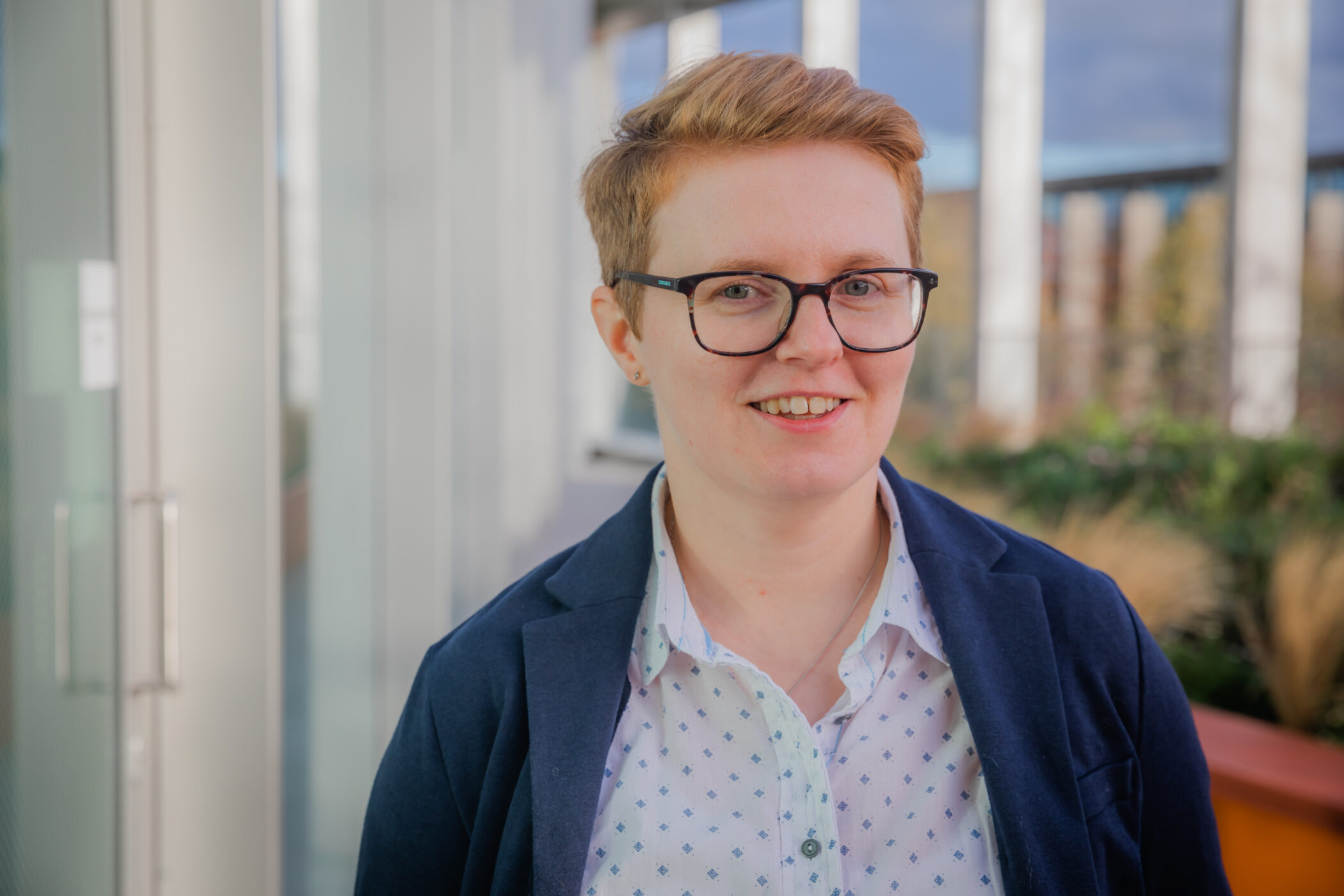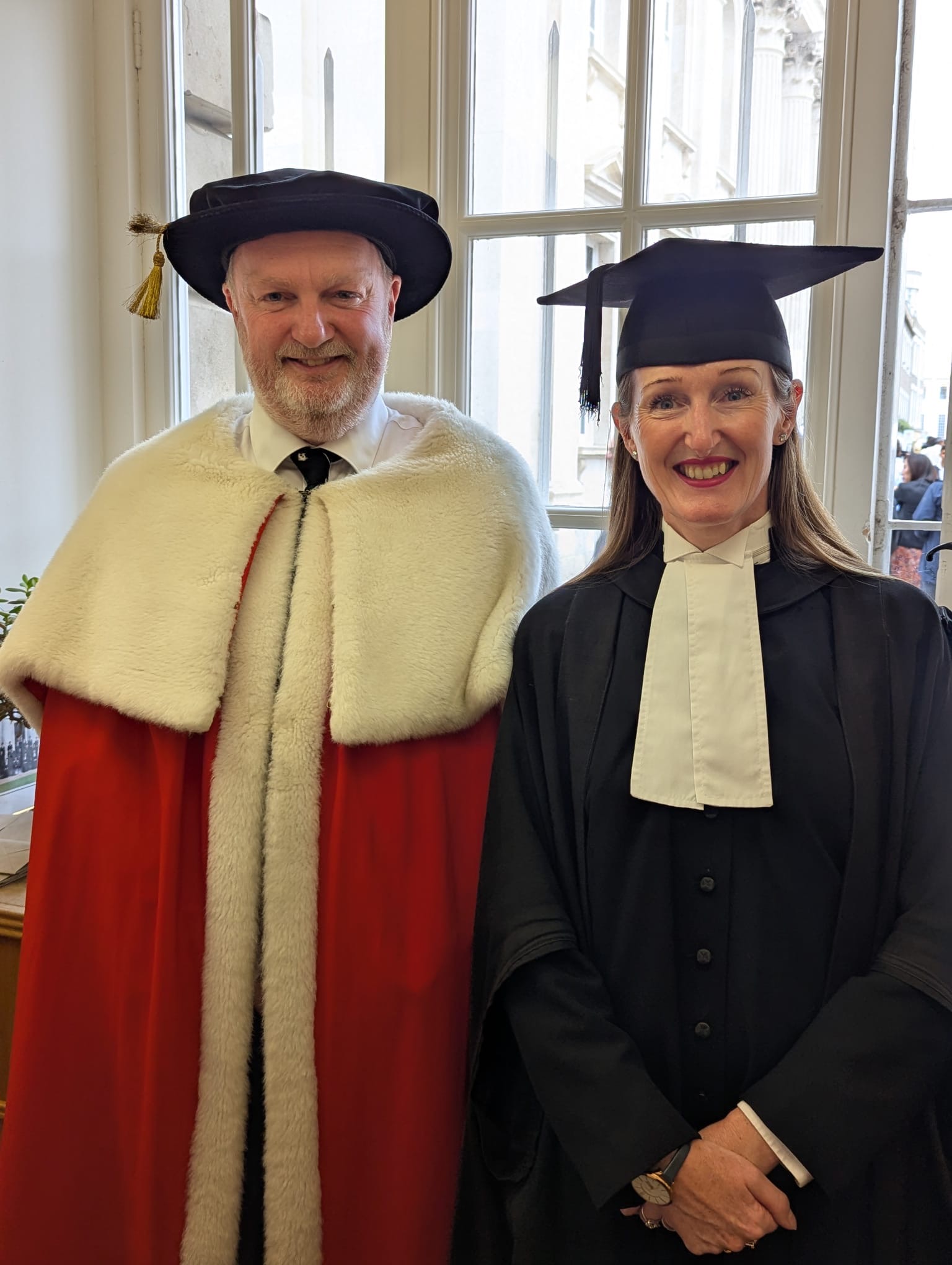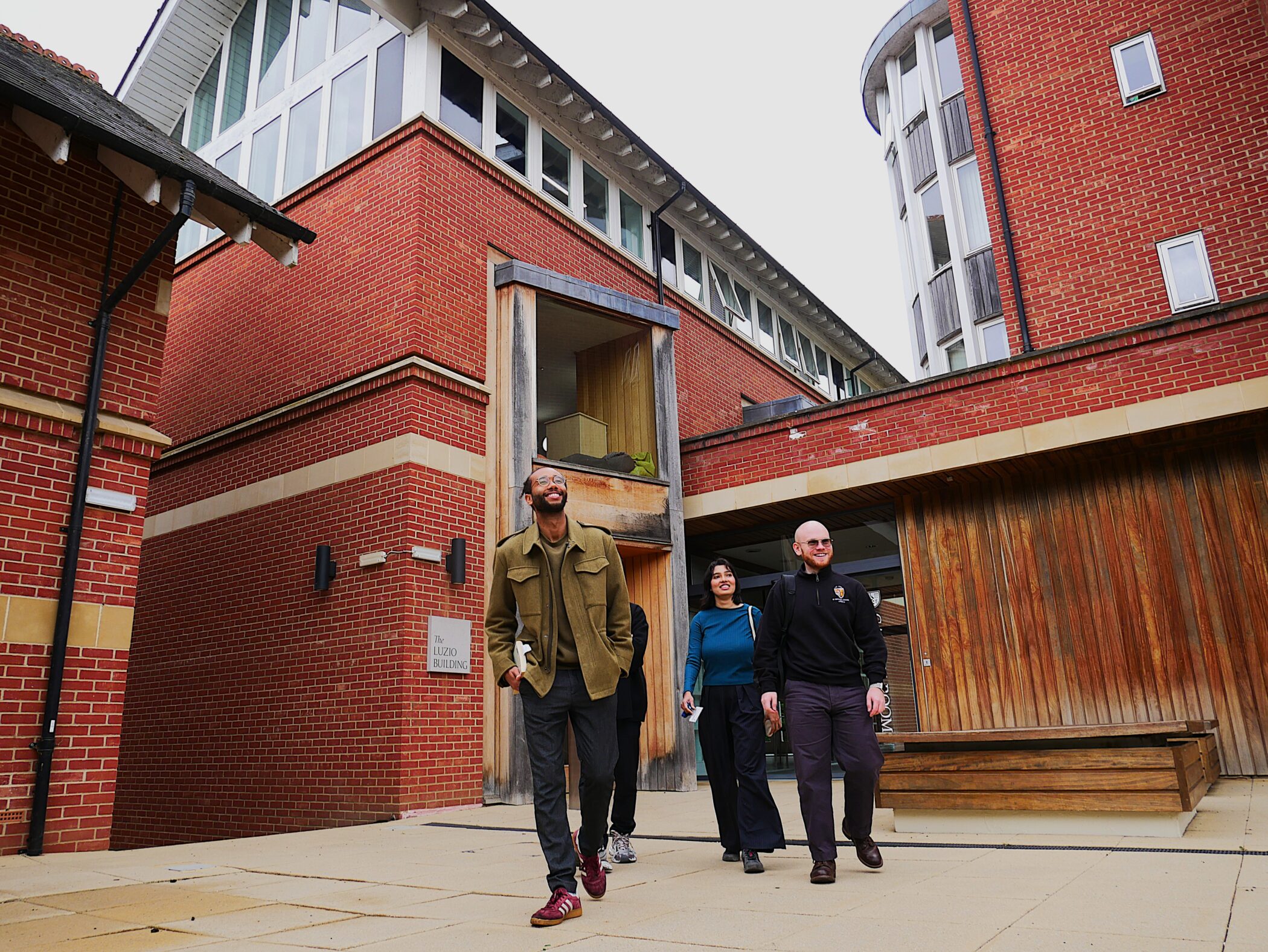The Von Hügel Institute was honoured to welcome internationally-renowned classical pianist, composer, and writer Stephen Hough CBE to Cambridge on Friday 10th June, for a lecture-recital to conclude the 2015-16 lecture series on the theme of Mercy. A recipient of numerous awards, who has appeared with most of the world’s major orchestras, Hough brought acute musical, cultural, and indeed theological insight to bear on the question of how music, which as Stravinsky famously remarked “is about nothing”, relates to mercy, “the theological centre of everything”. Surveying (and performing snippets of) the works of composers including Beethoven and Chopin, and drawing on insights from Scripture and literature to contemporary neuroscience, the lecture led into an extended reflection on the significance and limitations of atonality and Schoenberg’s twelve-tone technique. Interpreted as an expressive response to the destruction that marred the first half of the twentieth century in Europe – “music’s own post-war ‘Waste Land'”, as the speaker put it – atonality problematically became, for Hough, an exclusive dogma, stifling all other forms. Mercifully, however, the tonal harmonic series, “untouched by human destruction”, remained and remains with us – “evergreen, calling us to musical and even moral healing.” Hough concluded with an explanation and performance of one of his own most recent compositions, Sonata III (Trinitas), which fittingly puts the twelve-note system to subversive use, as a (merciful) means to a homecoming in reclaimed tonality. A stunning end to a colourful series of lectures.
Earlier lectures in the Mercy series included psychiatrist and author Iain McGilchrist in conversation with eminent philosopher John Cottingham on the relationship between the brain, merciful behaviour, cognition, and embodiment; the celebrated contemporary artist Maggi Hambling CBE in dialogue with James Cahill and theologian Ben Quash on how ideas of mercy connect with the visual arts; distinguished sociologist Manuel Castells alongside theologian Philip Sheldrake on the relevance of mercy for the modern city in the context of accelerating global urbanisation; as well as theologian James Alison on mercy and sexuality, and a panel discussion on mercy and migration in the context of the ongoing Syrian refugee crisis. For audio recordings of the events from the series, and much more, visit our website (link to http://www.vhi.st-edmunds.cam.ac.uk) and follow us on Twitter to get the latest news and pictures https://twitter.com/vonhugel).





